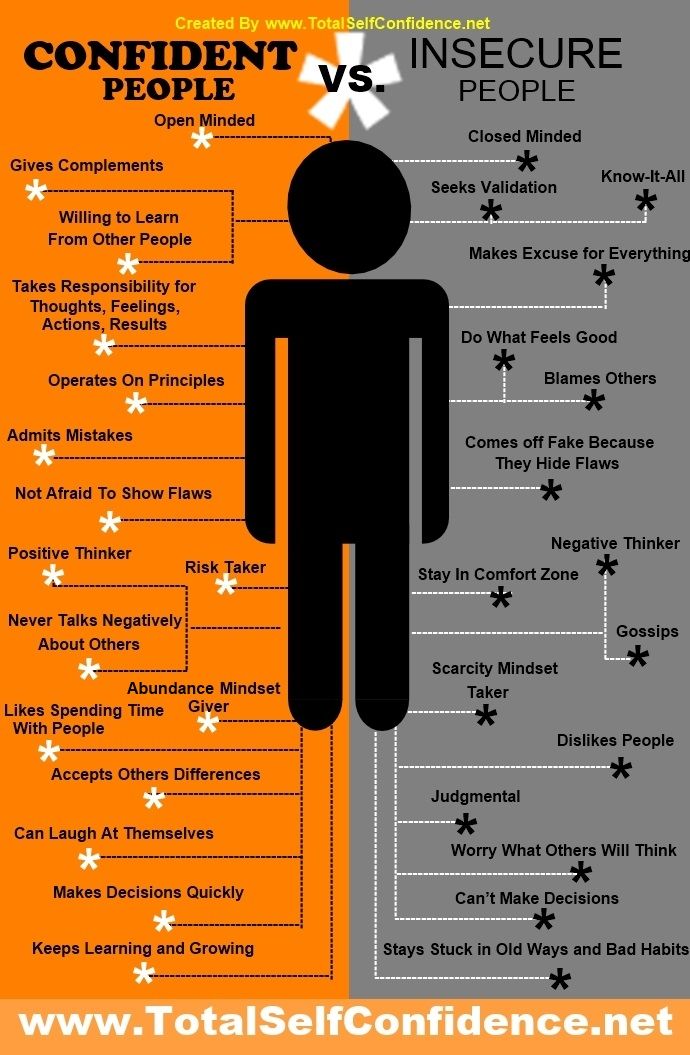
Confident children feel secure when they belong, are worthy of attention, and are loved. When a child no longer feels sure of these things childhood insecurity can develop. The most common signs of an insecure child should be taken seriously by parents. Insecurity can increase over time becoming anxiety or depression.
1) Competitiveness and Jealousy
Extreme levels of competitiveness or jealousy while interacting with peers can mean your child is struggling with insecurity. Many children respond to feelings of insecurity by focusing on winning, being the best and having what they believe as the best.
Siblings present a particular challenge to an insecure child, who may become aggressively competitive when a new child enters the family.
A competitive or jealous child should be reminded repeatedly he or she is loved and appreciated by parents or guardians no matter what, as a way of reducing the feelings of jealousy.
2) Separation Anxiety
A child that experiences separation anxiety may be feeling insecure.
An insecure child will form a higher attachment to one or more parent.
The child begins to associate their safety and happiness with the physical presence of that person. Separation anxiety usually appears as tantrums and other overly emotional reactions to a parent or other caregiver leaving the child’s immediate location for a period of time.
The temptation to give in to the separation anxiety is strong for some parents. Those parents would rather stay with their anxious child than allow them to be comfortable or insecure. However, it is important for that child to develop confidence away from the attached parent and learn to be independent.
3) Social Shyness
Another sign a child is feeling insecure is shyness in social situations. Especially when the shyness presents itself in an atmosphere in which the child previously thrived and had fun. Insecurities lend themselves easily to a fear of socializing with new people or in large groups.
You should pay attention to times when your children choose to stay apart from a fun group activity like games and parties. Attention and praise can help an insecure child feel confident enough to engage openly with new friends, instead of shying away.
4) Behavior Regression
Regression means a return to old habits and behaviors, especially those that were comforting during early development.
Insecure children will sometimes regress to behaviors they had previously outgrown, like sucking their thumbs or wetting the bed.
Infantile behaviors such as these should not be punished and should be seen as cause for concern.
Regression can indicate severe insecurities stemming from a lack of stability somewhere in the child’s life. Unless an increase in quality time, positive reinforcement, and declarations of love stop the regression, you should seek the guidance of a professional in order to better understand and help their child.
A child’s insecurity can be difficult to spot, unless you know the behaviors commonly signaling the problem. A shy, jealous or competitive child may be feeling insecure about how they fit into their own lives. When these common insecurity warning signs are noticed, you should take action to reassure their child.
Trudy studies the latest advances in the childcare industry. She writes on a variety of children’s topics including fun outdoor games, helping your children make friends, helping your child do well in school and more. She works at The Growing Tree Academy in Houston, Texas.








